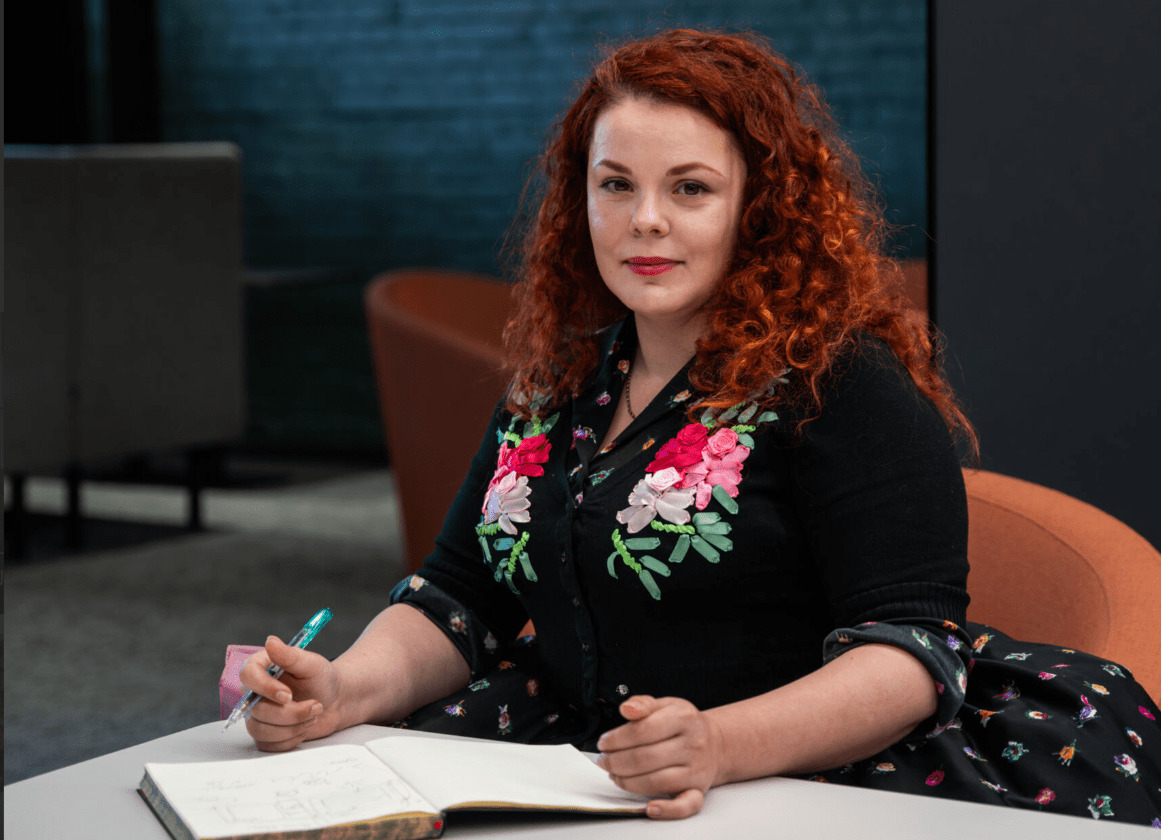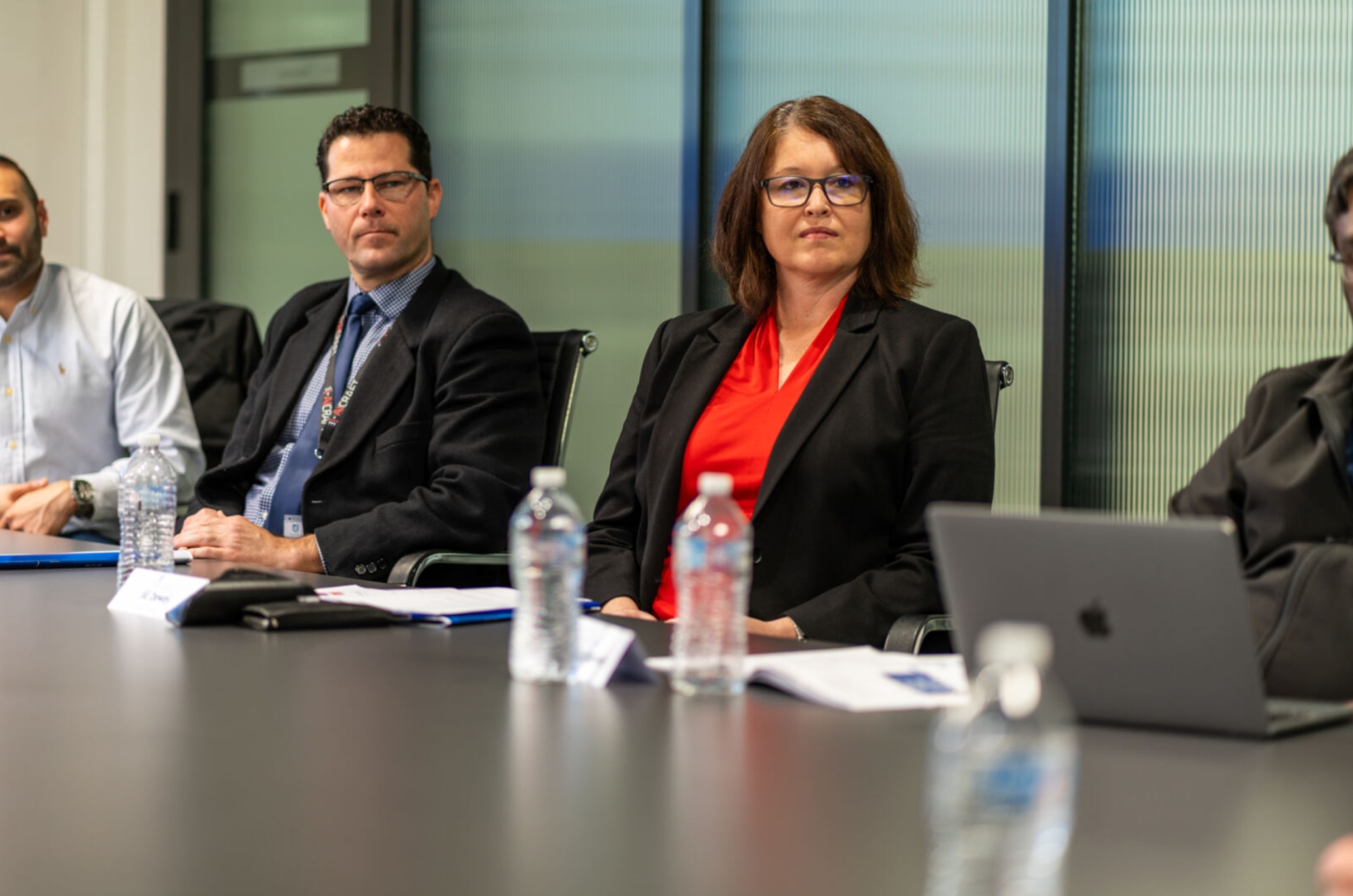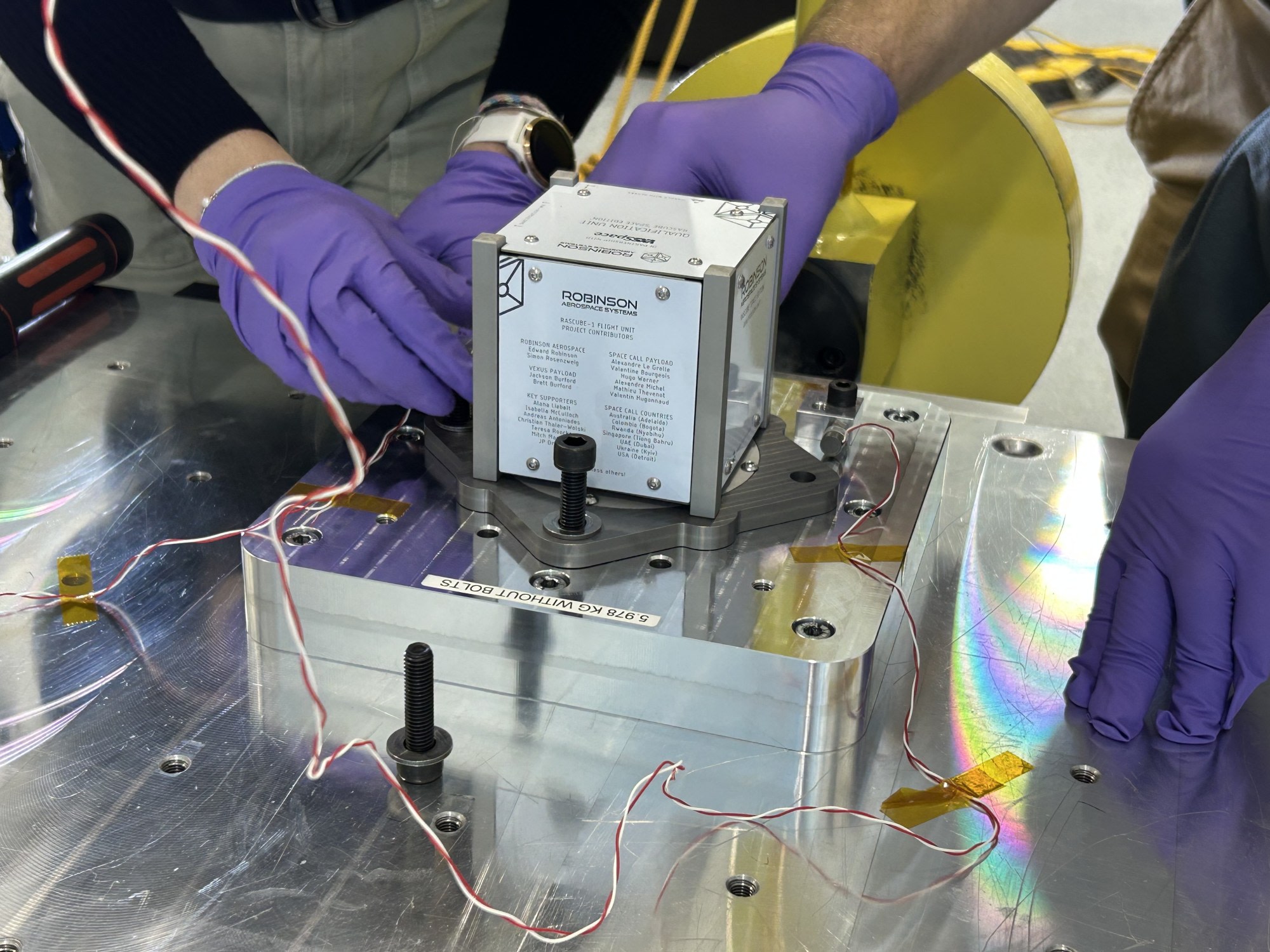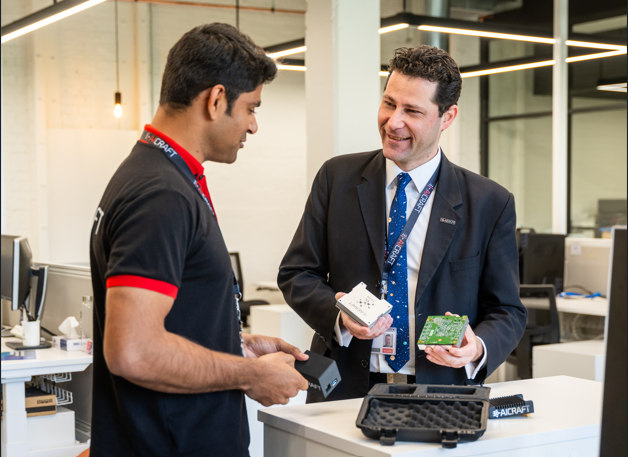Paladin Space
Inspired by founder Harrison Box’s Masters thesis on reusable concepts for space debris removal, Adelaide-based startup Paladin Space is developing the world’s first reusable, in-orbit space debris remover.
The company’s capture design technology will reduce the serious risk posed to spacecraft by human-generated debris like defunct satellites, rocket parts, and other materials orbiting Earth.
2024 was a big year for Box and Paladin, securing $500,000 AUD in funding from Main Sequence’s inaugural Atmosphere platform, and a further $100,000 AUD via the South Australian Government’s Seed-Start Grant.
A partnership with the Australian Institute for Machine Learning (AIML) is also enabling cutting-edge AI-enabled image processing techniques.
In 2025, focus is on development of the company’s minimum viable product (MVP), with active discussions underway with global stakeholders like NASA, the European Space Agency, and SpaceX.
Box says the MVP will “showcase our ability to image and characterise the debris, followed by our capability to capture multiple spinning targets in a lab environment.”
“This marks a pivotal step forward in sustainable debris removal across the world, helping ensure a safer, cleaner, and more sustainable space environment.”
Commercial satellite owners, defence industry, and government space agencies are all poised to benefit from the technology. Visit paladinspace.com for more.
OmnigenIQ

Boasting five biological science degrees, it’s not surprising that OmnigenIQ cofounder and chief science officer Tiffanwy Klippel-Cooper is developing a world-first bioreactor and protein purification technology for deployment in space, and here on Earth.
The technology means biological supplements that support human health in zero-gravity environments can be produced en route to Mars or beyond, instead of being transported or resupplied from Earth.
The technology has given rise to a concerted approach to produce some of the most expensive and challenging proteins, along with other biologicals, to help ensure Australia’s independence and biosecurity.
Klippel-Cooper’s work is greatly inspired by her own physical limitations, resulting from living with Ehlers-Danlos Syndrome.
“When you are disabled in the way that I am disabled, you must think about how you are doing things,” says Klippel-Cooper.
“That constant problem-solving mindset lends itself particularly well to innovating new solutions.”
OmnigenIQ have extended their 2025 vision to focus on dual-purpose bioreactor and protein purification technology to enable production of a broad range of proteins required by pharma, biotech and laboratories around the world. Visit omnigeniq.com for more.
ESpy Ocean

In 2024, ESpy Ocean cofounders and remote sensing experts Jill and Ian Dewey adapted the hyperspectral imagery technology they successfully developed for detecting dark vessels and applied it to predict the behaviour of great white sharks, helping mitigate attacks on humans.
The project marries environmental anomaly detection with behavioural change prediction, effectively answering the question: "Is it safe for me to swim at this beach today?"
The breakthrough research earned ESpy Ocean the Earth Observation Program of the Year at the 2024 Australian Space Awards, acknowledging the company’s impact on shark attack prevention.
Jill says satellite imaging and data analytics began as a hobby job with the company now chasing rapid international growth.
“I started my career in remote sensing, and back then it was from a plane using photographs,” says Jill.
We would use a stereograph, or box of mirrors, but now we use satellites and artificial technology.”
In 2025, the company will advance the development of its public warning system, modelled after bushfire alerts, to assess and communicate the risk of potential shark attacks. Visit espyocean.com.au for more.
Robinson Aerospace Systems

In 2022, at just 18 years old, CEO Edward Robinson founded space education startup Robinson Aerospace Systems to manufacture flatpack satellite kits for high school and university students.
Across 2024, the company delivered more than 60 RASCube kits assembled by over 1,000 students and heading into 2025, has 50 pre-orders for the new RASCube V2 kits with added features like a camera, SD card, two-way wireless communications and an updated user interface.
After exhaustive testing like shock and vibration, the company’s first real satellite RASCube-1 will launch into orbit in June this year aboard a space capsule built by European startup The Exploration Company, being launched on a SpaceX Falcon 9 rocket.
Inside are modules built by school students from across the world as part of global space education program, Project Space Call.
“We’re honoured to be providing the systems that will host Space Call during its launch to orbit and it’s been incredible to work with the students involved as they develop their electronic modules,” says Robinson.
With its mission to inspire students to pursue careers in space and support the growth of Australia’s STEM-skilled workforce, the company’s contribution is as impressive as its young founder’s tech. Visit robinson-aerospace.com for more.
AICRAFT

2024 marked a breakthrough year for AICRAFT, a trailblazer in low-power smart computing systems with AI capabilities. From nanosatellites to Earth observation missions, AICRAFT’s technology, led by CEO Dr. Tony Scoleri, is redefining real-time data processing with unmatched efficiency.
The year began with a memorandum of understanding (MoU) with ResearchSat, to enable automated AI analysis and feedback of biology experiments in space. By April, AICRAFT earned a silver award as one of Australia’s Top 50 Most Innovative Manufacturers. Shortly after, a partnership with Europe’s Scanway Space showcased the company’s edge device, revolutionising methane monitoring in Earth’s atmosphere.
AICRAFT’s global presence expanded mid-year through the International SpaceTech Startup Supporting Program (TAcc+), resulting in three new MoUs with Taiwanese companies. The momentum continued with $100,000 AUD secured from the South Australian Space Innovation Fund, fuelling collaboration with India’s Guerin Technologies. Adding to its accolades, AICRAFT became a finalist in the South Australian Premier’s Business and Export Awards.
Look out, 2025: AICRAFT is set to soar. Visit aicraft.com.au for more.
Paladin Space, OmnigenIQ, ESpy Ocean, Robinson Aerospace Systems and AICRAFT are graduates of the six-month Venture Catalyst Space program, a globally recognised accelerator dedicated to supporting startup founders to develop innovative, disruptive businesses in the international space sector. Applications for the 2025 program are now open.
Venture Catalyst Space is delivered by the University of South Australia’s (UniSA) Innovation & Collaboration Centre (ICC). Space startups ready to scale can also apply for the Growth Ramp space pathway delivered by UniSA’s Australian Centre for Business Growth. ESpy Ocean, Robinson Aerospace Systems and AICRAFT are graduates of the program.

